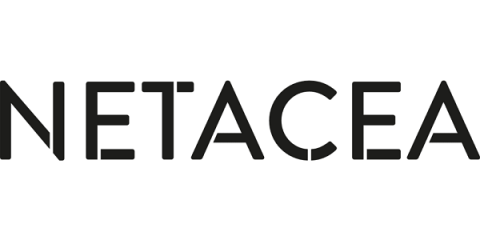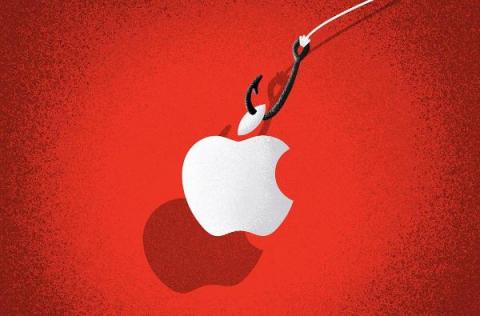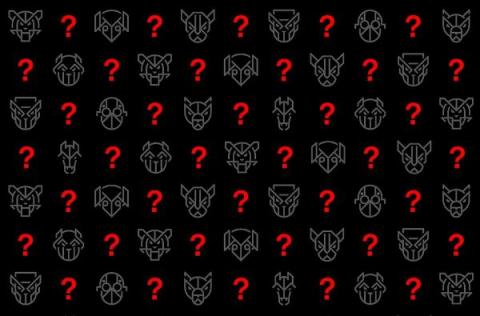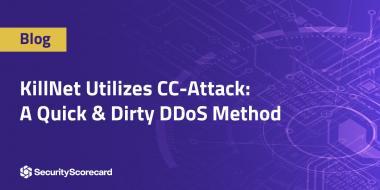Security | Threat Detection | Cyberattacks | DevSecOps | Compliance
Latest News
CrowdStrike Falcon Stops Modern Identity-Based Attacks in Chrome
Recent research from CyberArk Labs presents a new technique for extracting sensitive data from the Chromium browser’s memory. However, existing access to the targeted system is required before leveraging the technique to extract the sensitive data. The technique could enable identity-based attacks involving authentication bypass using Oauth cookies that have already passed an MFA challenge.
Top Cyber Attacks of May 2022
Defense in Depth - Definition & Relation to Layered Security Approach
As the use of technology increases in every aspect of our daily lives, the rate of cyber attacks also grows exponentially. In today’s world, organisations need to be highly equipped in their defences against cyberattacks so that they may better protect their assets, and it is here that the defence in depth approach is adopted.
CrowdStrike Uncovers New MacOS Browser Hijacking Campaign
The CrowdStrike Content Research team recently analyzed a MacOS targeted browser hijacking campaign that modifies the user’s browsing experience to deliver ads. Research began with a variant that uses a combination of known techniques to deliver, persist and sideload a Chrome extension. Analysis of the fake Chrome installer uncovered the use of more than 40 unique dropper files to install the extension.
Brute-Force Attacks: How to Defend Against Them
Naming Adversaries and Why It Matters to Your Security Team
What is it with these funny adversary names such as FANCY BEAR, WIZARD SPIDER and DEADEYE JACKAL? You read about them in the media and see them on CrowdStrike T-shirts and referenced by MITRE in the ATT&CK framework. Why are they so important to cyber defenders? How is an adversary born? You may think you have a problem with ransomware, bots or distributed denial of service (DDoS) attacks but you would be wrong. Because humans are behind every cyberattack, what you really have is an adversary problem.
7 Cybersecurity Best Practices Financial Firms Should Live By
Suspicious behavior: OTX Indicator of Compromise - Detection & response
AT&T Alien Labs does a tremendous job of developing and maintaining a database of observed Indicators of Compromise (IOC) that have been involved with at least one customer through the Open Threat Exchange (OTX).
KillNet Utilizes CC-Attack: A Quick & Dirty DDoS Method
During the course of 2022, SecurityScorecard has been tracking multiple DDoS campaigns that have been targeting entities within the Ukrainian government, as well as other European government targets that are perceived to be allied with Ukraine government interests. One of the groups at the forefront of these DDoS attacks is the hacking collective known as KillNet.











